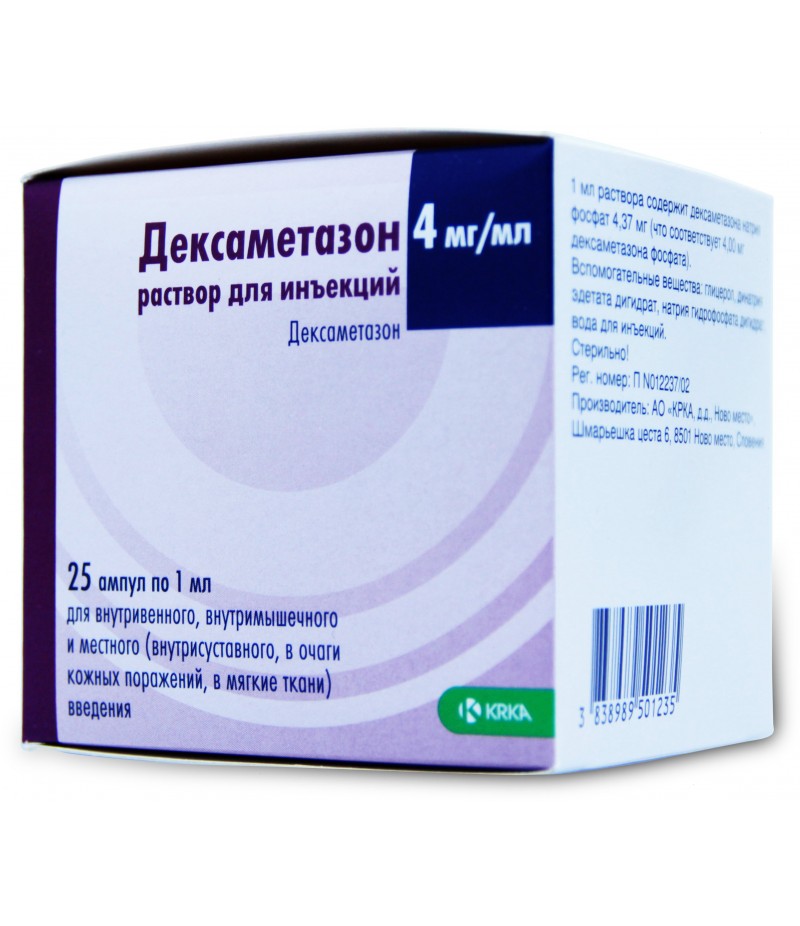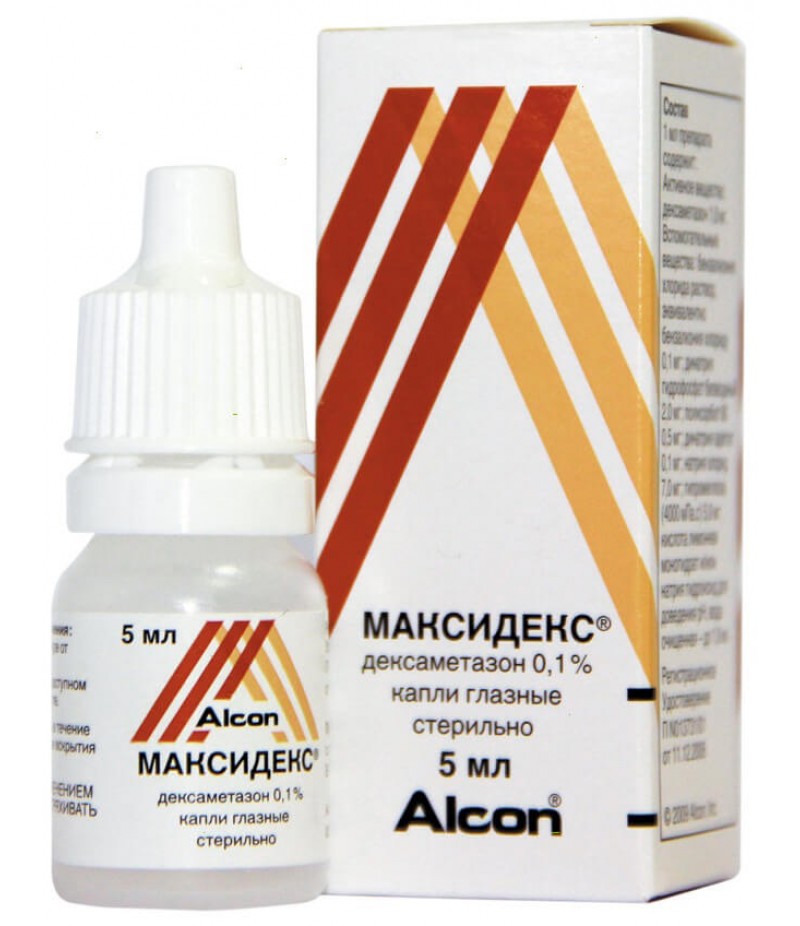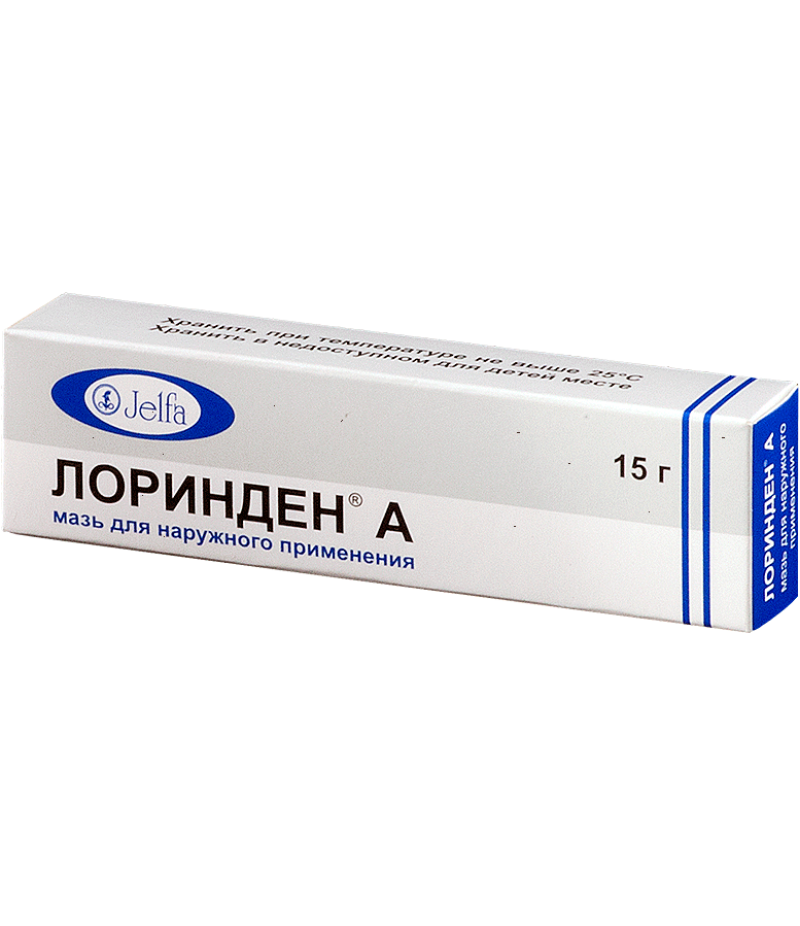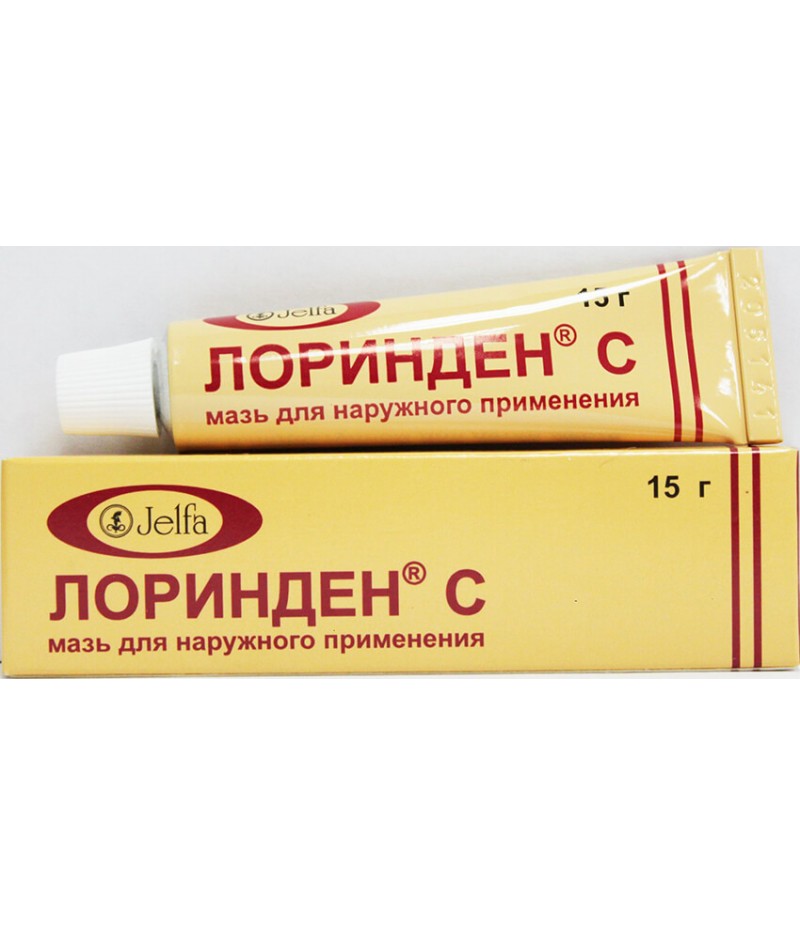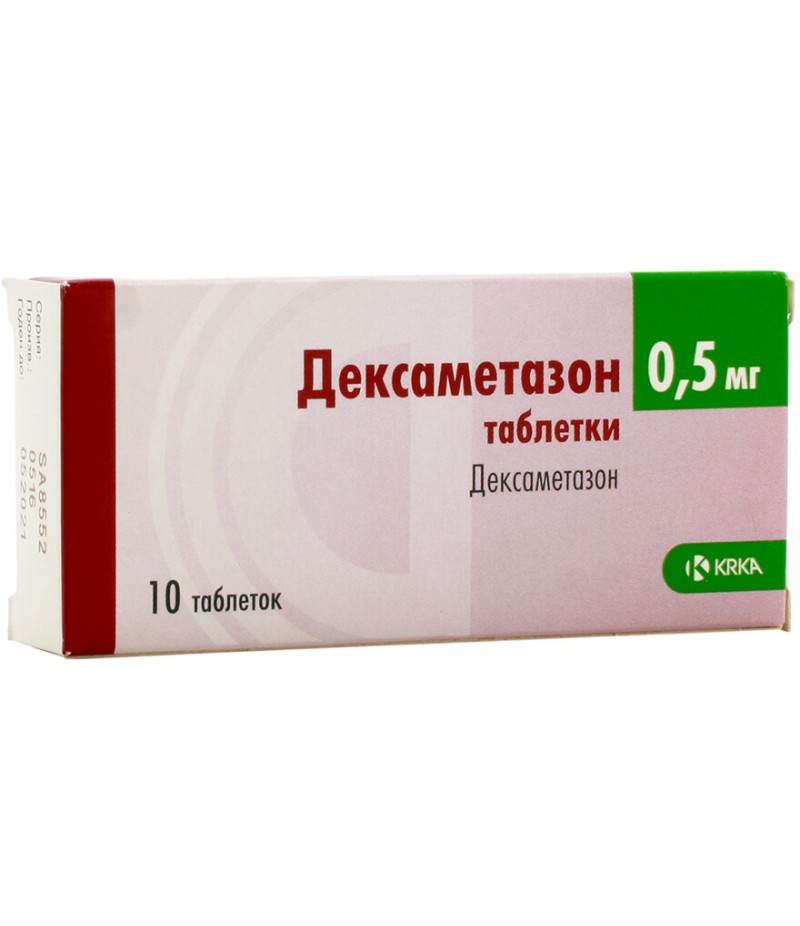Dexamethasone injection 4mg/ml 1ml #25
- $17.80
- 3 or more $17.50
- Availability:In Stock
Instruction for DexamethasoneReed more and buy Dexamethasone on this pageThe drug Dexamethasone belongs to the group of glucocorticosteroid hormones and has a pronounced anti-inflammatory, antiallergi
Tags: solution
Instruction for Dexamethasone
Reed more and buy Dexamethasone on this page
The drug Dexamethasone belongs to the group of glucocorticosteroid hormones and has a pronounced anti-inflammatory, antiallergic, anti-edema property on the body.
Form of formulation and composition of the preparation
Dexamethasone is available in several dosage forms. Solution for injection is a clear liquid without any smell and impurities, colorless or slightly yellowish tinge. The solution is produced in glass ampoules of brown color with a volume of 1 or 2 ml of 25 pieces in a cardboard bundle with a detailed description for use.
The main active ingredient of the drug is Dexamethasone sodium phosphate, as well as auxiliary components: methylparaben, water for injection, sodium metabisulphate, sodium hydroxide, disodium edetate.
Pharmacological properties of the drug
Solution for injection Dexamethasone is a glucocorticosteroid of synthetic origin. The drug has a pronounced anti-inflammatory, immunosuppressive, anti-allergic and anti-edematous effect.
After the injection, the injected therapeutic effect develops almost instantly and persists for a long time.
Indications for use
The drug Dexamethasone in the form of injections is prescribed to patients who have the following diseases and pathologies:
Diseases of the endocrine system - insufficiency of adrenal function, thyroiditis in subacute flow, congenital hyperplasia of the adrenal cortex;
Different types of shock - traumatic, burn, surgical, hypovolemic - in those cases when other drugs do not give proper effectiveness;
Systemic diseases of connective tissue - lupus erythematosus, rheumatoid arthritis and others;
Asthmatic status, bronchospasm, when the patient's condition is not stopped by habitual medicinal preparations;
Anaphylactic shock, severe angioedema;
Cerebral edema caused by infectious diseases, craniocerebral trauma, neurosurgical intervention, hemorrhagic stroke and other conditions;
Severe course of dermatitis and neurodermatitis in the phase of exacerbation;
Complex treatment of malignant oncological diseases in adults and children;
Treatment of idiopathic thrombocytopenic purpura in adult patients;
Severe diseases of the organs of the visual canal;
Common infectious diseases with severe course as part of complex therapy with antibiotics.
Contraindications to use
The drug Dexamethasone can be used for treatment only as directed by a specialist. Before starting therapy, the patient should carefully read the attached instructions, since Dexamethasone has some contraindications and limitations to use. Absolute contraindication to injections of Dexamethasone is the individual intolerance of the preparation by the patient's body. The drug with special caution and only under strict indications is prescribed in the presence of the following conditions:
Gastric or duodenal ulcer in an exacerbation phase or in an anamnesis;
The period of intensive growth in children;
Nonspecific ulcerative colitis with a high risk of perforation;
Herpes simplex;
Diseases of infectious, viral, fungal, parasitic origin;
The period before and after the vaccination (from 2 weeks to 2 months);
Lymphadenitis caused by the introduction of a vaccine against tuberculosis;
Human immunodeficiency syndrome;
Recently suffered myocardial infarction, acute myocardial infarction;
Severe course of arterial hypertension;
Chronic heart failure in the stage of decompensation;
Diabetes;
Disease of Itenko-Cushing;
Obesity in patients 3-4 degrees;
Severe renal or hepatic insufficiency;
Pregnancy in the first trimester;
Glaucoma.
Method of administration and dosage
The drug Dexamethasone in the form of a solution for injection is intended for intravenous jet injection, intravenous drip infusions, intramuscular injections. In addition, local administration of the solution to the pathological focus is allowed, if necessary and according to indications.
The dose of the drug is determined by the doctor strictly individually for each individual patient, depending on the indications and its general condition. To prepare a solution for intravenous infusion, a saline solution of sodium chloride or a 5% dextrose solution is used as the solvent.
The dose of the drug for the treatment of acute allergic reactions in children is calculated individually, based on the body weight and general condition of the patient.
After achieving the desired therapeutic effect, the dose of Dexamethasone is reduced gradually, so that there is no withdrawal syndrome and severe disruption of the functioning of the adrenal cortex. If further therapy is necessary, the patient can be gradually transferred to oral treatment with Dexamethasone tablets.
Use of the drug during pregnancy and breastfeeding
Use of this medication in the first trimester of pregnancy is not recommended. If necessary, the drug in the 2nd and 3rd trimesters of pregnancy, doctors carefully evaluate the potential risks to the fetus. Studies have shown that prolonged administration of Dexamethasone in the body of a pregnant woman can lead to a disruption in the development of the fetus and fetal growth, and there is also a possibility of developing adrenal cortex atrophy in the newborn.
The drug Dexamethasone during breastfeeding women is not assigned. If it is necessary to treat the drug, lactation is recommended to stop and transfer the child to artificial feeding with a milk formula.
Side effects
Against the background of treatment with Dexamethasone in the form of injections, the following side effects can be observed in patients:
On the part of the endocrine system - the development of steroid diabetes, impaired adrenal function, decreased glucose tolerance, the development of the Itenko-Cushing syndrome, delay in puberty in adolescents, increased blood pressure indicators;
On the part of the organs of the digestive canal - the development of pancreatitis, nausea. Desires for vomiting, abdominal pain and dyspepsia, increased appetite, changes in liver transaminases;
From the heart and blood vessels - bradycardia, violations of the heart rhythm, violation of the function of blood coagulability, change in the parameters of the electrocardiogram;
From the nervous system - overexcitation, emotional lability, disorientation in space, the development of depression or hallucinations, insomnia, dizziness, in rare cases, the development of seizures;
On the part of the organs of vision - increased indicators of intraocular pressure, cataracts, atrophy of the cornea and optic nerve, development of eyelashes, reduced visual acuity, sensation of foreign body in the eye;
Increased sweating, weight gain;
Allergic reactions to the skin;
Poor healing of wound surfaces, bruising under the skin, increased or decreased pigmentation, hypotrophy of subcutaneous fat;
Thrombophlebitis, pain along the veins, burning, numbness of the skin, in rare cases, necrosis of surrounding tissues at the injection site (as a rule, when a vein is punctured) can develop;
Feeling of heat in the face, withdrawal syndrome.
An overdose of the drug
With the administration of too large doses of Dexamethasone or prolonged use of the drug, the patient develops overdose symptoms, which are expressed in the enhancement of the above-described side effects and inhibition of adrenal cortex function. In severe cases with an overdose of hormones, adrenal insufficiency develops in patients.
Treatment of an overdose is symptomatic. Therapy with the drug is completely canceled or simply reduces the dose.
Interaction with other medicinal products
At simultaneous appointment to the patient of injections of Dexamethasone and phenobarbital, ephedrine, rifampicin, a decrease in the therapeutic effect of hormones is observed.
With the simultaneous administration of injections with diuretics in patients, there is an increase in the excretion of potassium from the body, which can cause the development of severe heart failure.
With concurrent administration of the drug Dexamethasone with sodium-containing drugs, the risk of developing severe edema and increasing blood pressure values increases.
With simultaneous use of glucocorticosteroid hormones with cardiac glycosides, the risk of ventricular extrasystole increases dramatically.
Dexamethasone can weaken the therapeutic effect of indirect anticoagulants, so patients need to adjust their dose. Anticoagulants for oral use, which the patient takes concomitantly with Dexamethasone injections, may increase the risk of gastric and duodenal ulcer.
Simultaneous use of Dexamethasone with non-steroidal anti-inflammatory agents or ethanol increases the risk of ulceration on the mucous membranes of the digestive canal.
When using injections of the drug with paracetamol or its analogs, the risk of toxic damage to the liver increases.
Dexamethasone weakens the therapeutic effect of insulin and hypotensive drugs, so patients need to adjust their dose.
special instructions
During the treatment with Dexamethasone, patients should constantly monitor blood pressure, vision, water-electrolyte balance and clinical blood picture.
In order to reduce the risk of side effects, the patient should follow a diet with high potassium content. Food should be rich in protein, carbohydrate intake and salt should be somewhat reduced.
Patients with abnormalities in the work of the liver Dexamethasone prescribe with extreme caution.
Treatment with the drug can not be stopped abruptly, because in this case the risk of withdrawal syndrome increases, which is accompanied by an increase in the primary symptoms of the disease and suppression of adrenal function.
When using the drug in pediatric practice, you should closely monitor the dynamics of the child's growth, since prolonged use of the drug in large doses can lead to suppression of the patient's growth.
Patients with diabetes should constantly monitor blood glucose levels and, if necessary, adjust the daily dose of hypoglycemic drugs.
Conditions of dispensing and storage of the drug
Store the drug in a place inaccessible to children, avoiding direct sunlight on the package, at a temperature of not more than 25 degrees. Do not freeze the contents of the ampoule.
Shelf life of the drug in the form of a solution is no more than 3 years from the date of production, subject to compliance with the temperature regime. If there are any impurities or suspensions in the ampoule, the drug should be discarded!

